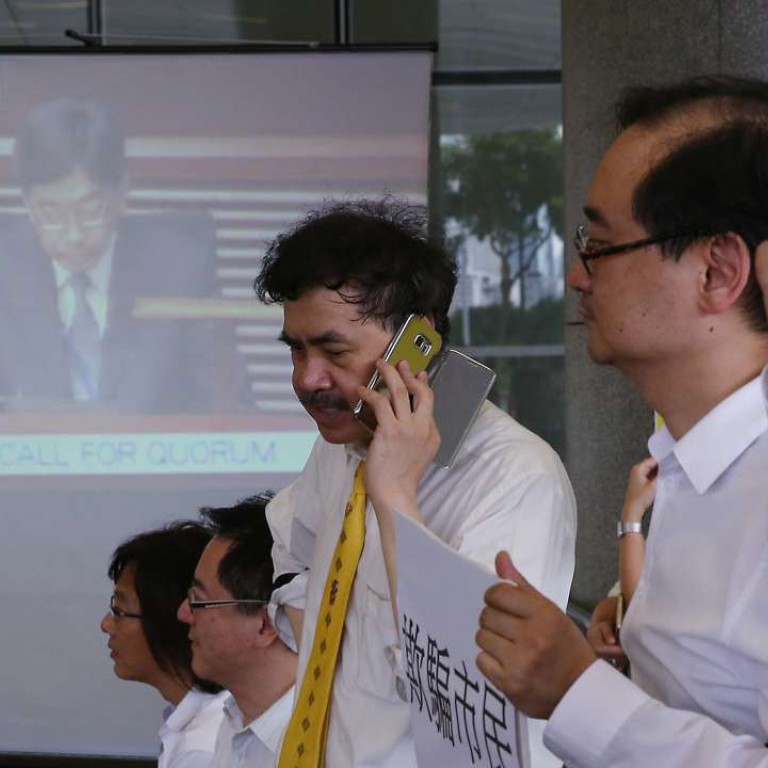
A bleak future for Hong Kong’s exploited masses
There was a time in Hong Kong when anyone who was willing to work, Chinese or expatriate, could get a decent job. Today, much of Hong Kong’s economy is about putting your hands in other people’s pockets – monopoly exploitation at its worst and most brazen. It spreads downward from our big property developers to every profession as the economy careens without cohesive and sensible public policy.
Hong Kong’s doctors recently flexed their own version of protectionism by euthanising the Medical Registration (Amendment) Bill 2016. Citing distrust of Chief Executive CY Leung’s ulterior motives as one of the reasons to deny improved public participation, yet another reform and bill vanished below a swamp of political paralysis.
Pundits bemoaned that only strong leadership can revive the city’s fortunes. But even CY Leung and former chief executive Tung Chee-hwa admitted that the CE role is paralysed and ineffectual without party affiliation and support. But, can this be done without allowing an outright democracy, which cannot control blasphemous calls for isolationism and independence? Thus, Hong Kong remains the only place where its citizens enjoy and suffer equally from the benefits and contradictions of a free society and an undemocratically elected leader.
There’s the theory that Hong Kong should assume Monaco’s economic role – dutifully servicing the rich in Hong Kong and China in property, wealth management and financial services. It is consistent with China’s most important purpose for the city – to act as its international financial centre. But, Monaco is a member of the EU and its employees easily live and move across the border with France.
Those who own and control capital and the means for developing and managing technology will accrue more power and wealth
Hong Kong’s elite has little empathy for the rest of us and you cannot expect meaningful reform from a group that staunchly defends the status quo. Li Ka-Shing said in a Bloomberg interview in June that he did not support “a free lunch” when referring to social and welfare policies. Unfortunately, his simplistic belief doesn’t understand that free lunches also extend to corporate welfare and the kind of advantages his companies enjoy in the local property, container and utility markets.
To the extent that Li has views, they are wrong in their diagnosis of Hong Kong’s problems and dangerous in their proposed solutions.
According to findings from the Federation of Hong Kong Industries, since the financial crisis in 2008, the number of Hong Kong-funded enterprises operating in the Pearl River Delta region has fallen 40 per cent from its peak in 2007, to around 32,000 in 2013. Maybe this is an inevitable development and can’t be revived as the economy evolves. Or perhaps Hong Kong businesses have failed to find a new role.
The average working person in Hong Kong faces a bleak future. If they aren’t being underpriced by mainland labour they will be overwhelmed by their technological developments. When driverless cars are finally perfected and introduced imagine all the local drivers and taxi drivers who will be rendered into the dustbin of technology.
Those who own and control capital and the means for developing and managing technology will accrue more power and wealth while everyone else will be scrambling for the few remaining jobs that require human labour. For Hong Kong that leads straight back to the very serfdom that oppresses us today.
Peter Guy is a financial writer and former international banker

